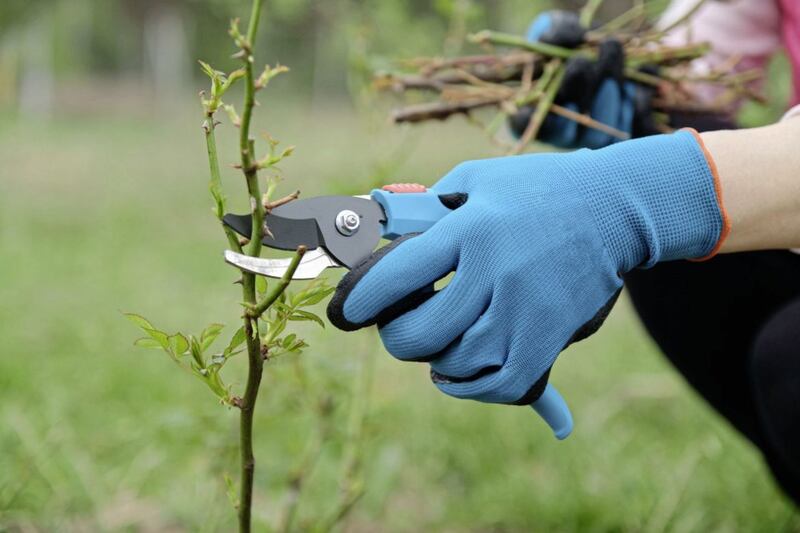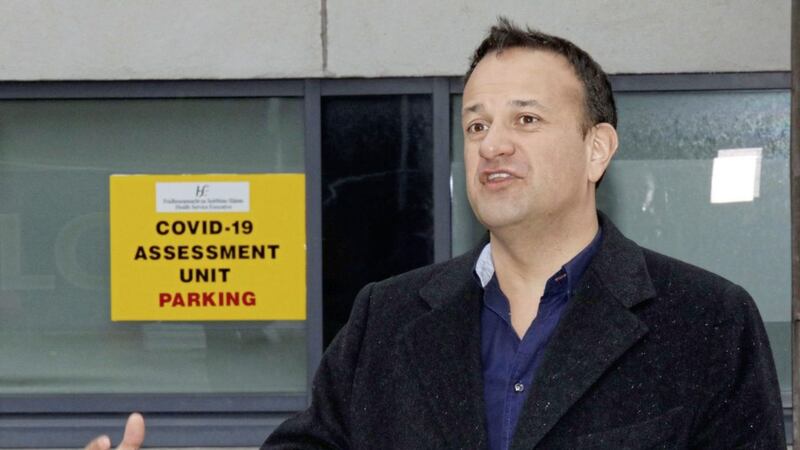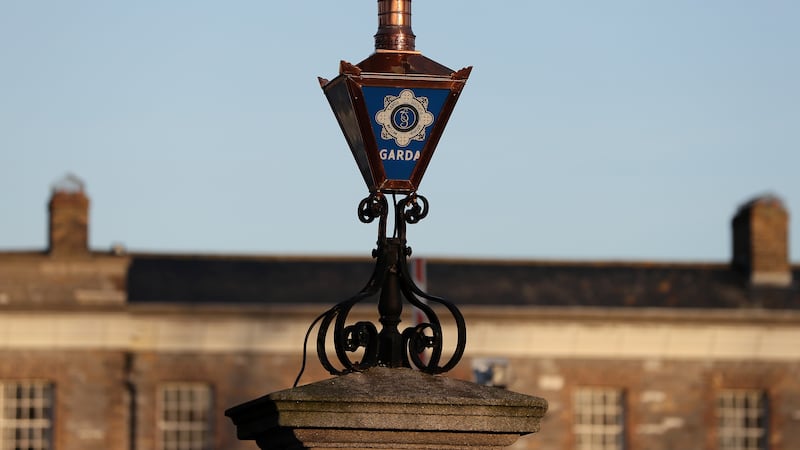The Irish Government is "increasingly confident" that the Republic will be able to move to phase one of its coronavirus lockdown measures on Monday, the Taoiseach has said.
In phase one of the roadmap, people are still being encouraged to stay at home as much as they can.
But up to four people who don’t live in the same household will be allowed to meet outdoors, as long as they stick to social distancing.
People who are over 70 must still cocoon in their homes.
[ READ MORE: Drivers in Donegal urged not to warn others about Covid-19 checkpointsOpens in new window ]
Garden centres, hardware stores and farmers’ markets can reopen, as well as other shops including homeware stores, opticians and phone retailers.
"We are seeing what we can achieve when we put the needs of the many above the needs of the few," Leo Varadkar told the Dail.
"The first steps to reawaken our economy will be done in a slow and gradual way.
"As we are seeing around the world, it is not a straight path. Sometimes progress is halted and there are setbacks.
"Whilst every death is of concern, in the last seven days we've seen the lowest daily number of deaths and cases since March."

Mr Varadkar added: "We must remember we have a land border with Northern Ireland we want to stay open.
"While these rights may be restricted for a time, it is our policy to resume normal travel as soon as it is safe to do so.
"It is going to be months, not weeks before this is possible."
Mr Varadkar also said the Republic must consider more and better home care to protect the elderly.
He said: "We needs to consider to move away from large, modern and newly built 150 to 200-bed single-room nursing homes towards smaller units like we've done in the disability sector and also re-examine clinical governance.
"We must integrate care homes better with the health service, enable therapists and infection control nurses to reach in and avoid hospitals as much as possible, and ensure there is a medical director as well as the person in charge.
"I don't have all the answers but I am thinking about them every day and I know the deputies are as well.
"There are lots of examples of good practice already. We need to identify them and mainstream them and this will be a major challenge for the new Government."
Mr Varadkar continued: "The crucial thing is to keep doing the right things, to stick to the strategy and maintain our focus, to expect and look for new clusters and flare-ups.
"This virus is a fire in retreat. We must quench its every spark and stamp out every ember.
"It's worth remembering that we are still in phase zero.
"All things going to plan, phase one will begin, if and only if it's safe to do so.
"The moment we assume that our progress through the phases is inevitable, we risk going backwards.
"As we open workplaces, we will see more workplace clusters and need to be vigilant about that."
Mr Varadkar also said that the Government is assessing how to strengthen the rules around people arriving into the Republic through its airports and ports.
"As we know, extensive travel restrictions are in place, we are requiring that all people arriving in our ports and airports must complete a public health passenger location and self-isolate for 14 days," he added.
"There are exceptions like supply chain workers, or people stopping over in one of our airports before travelling onwards or, of course, people on their way to and from Northern Ireland.
"We are examining means to strengthen these actions in the next few days."
Fianna Fail leader Micheal Martin called for a multi-disciplinary approach to lifting the coronavirus restrictions.
Mr Martin said there are questions to be asked about how the country is re-started and the logic behind the decisions.
Speaking in the Dail today, he said "undoubtedly mistakes have been, and mistakes are, being made."
"The most comprehensive and effective emergency voices always involve space for challenging voices and a willingness to quickly and comprehensively admit the need for different approaches."
"When we reach a stage where we contemplate future responses to either a second wave or a new pandemic, we need to adopt an approach of seeking lessons rather than apportioning blame.
"We need a more inclusive and multi-disciplinary approach to how measures are developed and agreed - particularly when it comes to reopening the country and lifting restrictions."








